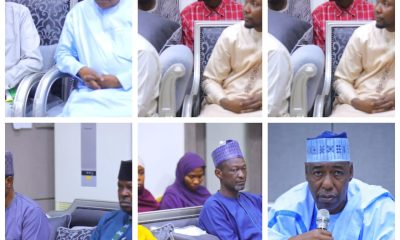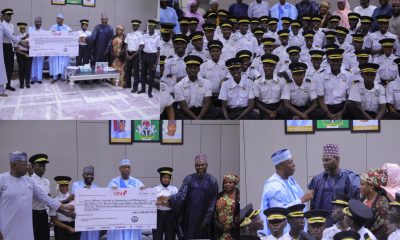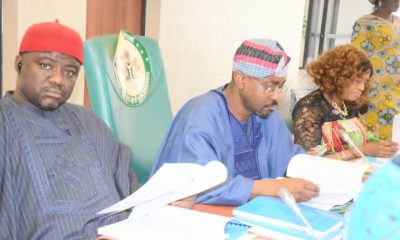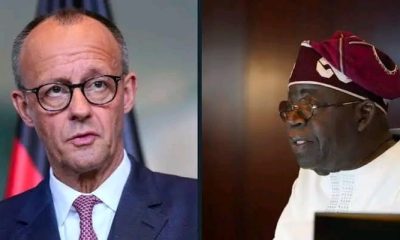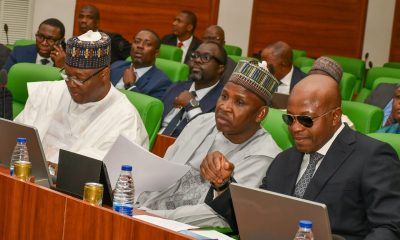National
Tinubu’s Oil Reforms Open Opportunities for Investment – Citizens’ Group
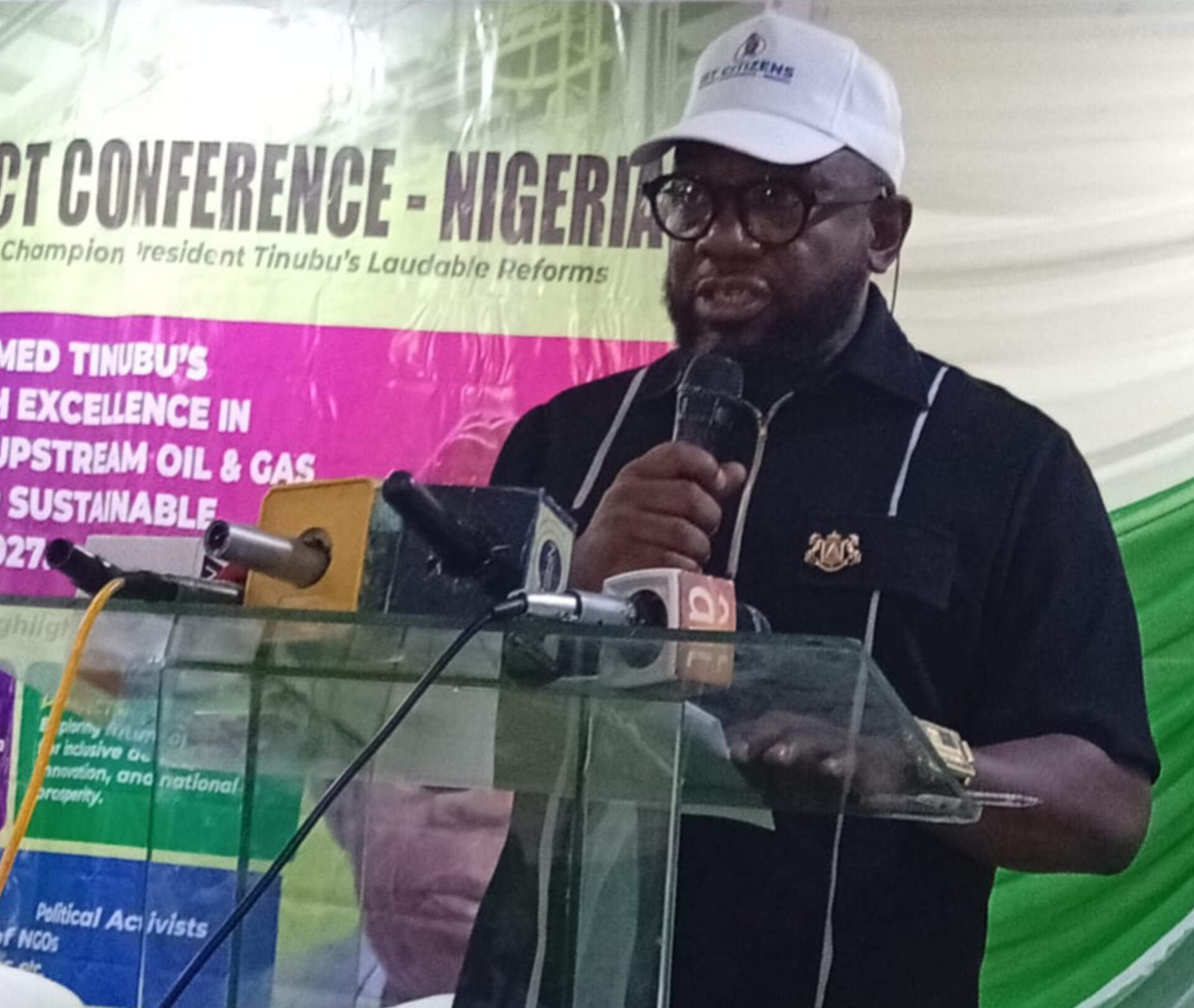
By Abdullahi Alhassan, Kaduna
A citizens’ group has thrown its weight behind President Bola Ahmed Tinubu’s oil and gas reforms, describing them as courageous and necessary steps toward ensuring Nigeria’s long-term economic sustainability despite their initial hardships.
Mallam Nasir AbdulQuadri, Co-Convener of the 1st Citizens Engagement Conference (North-West Edition), stated this on Monday in Kaduna during the event themed “The Positive Impacts of Oil and Gas Reforms by President Ahmed Bola Tinubu Administration.”
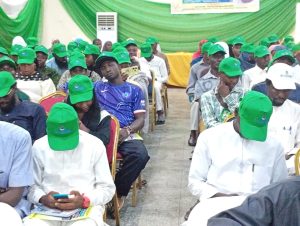
He said the implementation of the Petroleum Industry Act (PIA) 2021 and the removal of fuel subsidy had provided a “legal, fiscal, and institutional rebirth” for the petroleum sector.
AbdulQuadri admitted that the reforms had caused “temporary discomfort” but said they demonstrated “uncommon courage” and were “steering the country toward long-term economic sustainability.”
He noted that deregulation had opened opportunities for private investment, refinery rehabilitation, and modular refining, while new regulatory agencies — the Nigerian Upstream Petroleum Regulatory Commission (NUPRC) and the Nigerian Midstream and Downstream Petroleum Regulatory Authority (NMDPRA) — had strengthened oversight and transparency.
He further highlighted the growing role of gas as a transition fuel and the benefits being extended to host communities through the Host Community Development Trusts (HCDTs).
AbdulQuadri also called for national unity and citizen participation in supporting the reforms, urging Nigerians to act as “co-authors of progress” rather than “detached observers.”
“For reforms to succeed, citizens must see themselves as co-authors of progress, not as detached observers,” he said, warning against external influences that could exploit internal divisions.
He stressed that his call for unity was not an endorsement of “blind loyalty” but a reminder that responsible citizenship meant demanding transparency and accountability “from a place of national consciousness, not anger without direction.”
AbdulQuadri concluded that the reforms were not only about fuel or finance but about faith in Nigeria’s capacity to reform and evolve, urging citizens to “guard our sovereignty with wisdom, drive reforms with unity, and sustain hope with discipline.”

